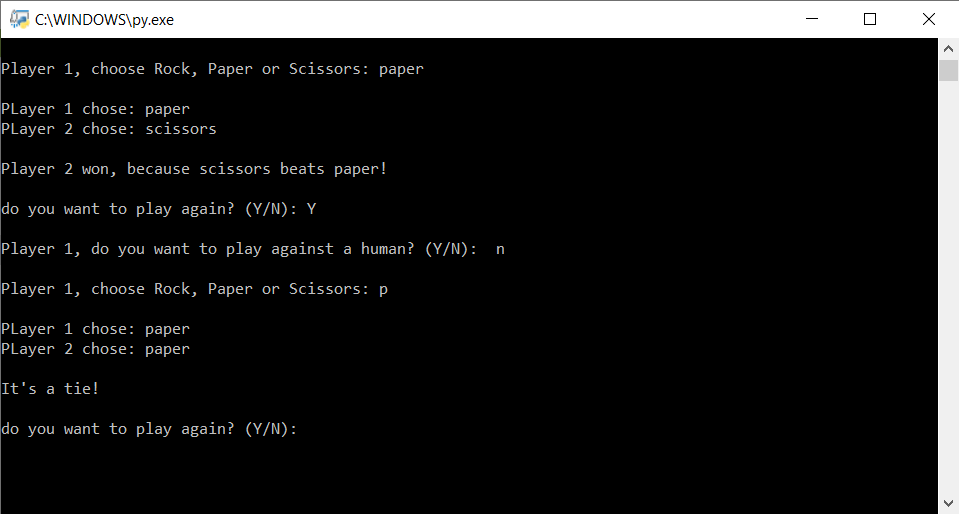The diverse and segmented functions of social media allow each person to find their own digital space, where they can build connections with family, friends, and even strangers, finding a sense of belonging. In contrast, I choose not to leave any trace on social media as much as possible—no likes, no comments, no shares. The term ‘lurker1‘ comes from the verb ‘lurk,’ which means to wait or stay in a hidden place or to act secretly. As a noun, ‘lurker’ refers to people who only read content without commenting. For example, a Facebook lurker enjoys browsing through the feed but doesn’t post updates, comment, or like anything. These individuals may give the impression that they rarely use Facebook, even though they actively follow updates.
Why is it that some people don’t want to miss any updates, yet leave no trace on social media? Here are three reasons.
Fear of Making Mistakes
The low cost and accessibility of the Internet empower us to freely express our thoughts on various topics. However, I feel that in modern society, there is increasing emphasis on using politically correct language. Even if you don’t genuinely believe in certain ideas, you still need to align your words with mainstream social values. If you don’t follow this unspoken rule, you might become the target of online attacks. Celebrities’ past statements are often brought up and scrutinized, even though we all understand that those words reflect a different time and may not align with current values. Such statements can be deliberately misinterpreted. Because of this, I rarely share my own thoughts online—you never know when the algorithm might make you the target of online bullying.
The Risk of Exposure
Video by YouTube
Not long ago, South Korea experienced a major incident where deepfake videos were being widely distributed. In fact, similar incidents have happened in South Korea before, where individuals with malicious intent deliberately manipulated photos of celebrities and social media influencers into inappropriate content, which was then circulated in private groups. However, this time, the scale is much larger. Even ordinary students, teachers, or female soldiers can become targets simply by sharing their photos on social media.2 Although this may seem a bit of an overreaction, I believe that future technological advancements will only make deepfake technology more accessible, leading to an increase in such crimes. That’s why, even when I (very occasionally) want to share my photos on social media, I set my content to be visible only to friends.
No Invasion
The so-called ‘Attention Economy3‘ refers to how our browsing or searching behaviors on the internet can be recorded by opaque algorithms. These data help advertisers decide how to allocate their budget to those who are most likely to be interested in or purchase the product, allowing businesses to profit. Furthermore, our likes, comments, and shares on social media are also likely tracked by these algorithms. Over time, we are shown increasingly similar content, which may lead to more rigid thinking. Sometimes, you might wonder if a product is trending simply because you see it frequently online. In reality, it’s because you’ve searched for it so often that it influences your purchasing decisions.
Conclusion
Although I consider myself a lurker on social media, it doesn’t reduce the pleasure I get from using it. To sum up, I hope to be more mindful when using social media, rather than being influenced by those with ulterior motives or by algorithms.
Reference
- Amy, C. (2019, January 16). 你是網路上的潛水者嗎?NY TIMES. https://cn.nytimes.com/culture/20190116/wod-lurker/zh-hant/ ↩︎
- HJ, K. (2024, October 03). In South Korea, deepfake porn wrecks women’s lives and deepens gender conflict. abc News. https://abcnews.go.com/International/wireStory/south-korea-deepfake-porn-wrecks-womens-lives-deepens-114453784 ↩︎
- Court, S. (2024, February 06). Lost In The Scroll: The Hidden Impact Of The Attention Economy. Forbes. https://www.forbes.com/sites/curtsteinhorst/2024/02/06/lost-in-the-scroll-the-hidden-impact-of-the-attention-economy/ ↩︎

![[VIDEO] When handwriting is not a thing anymore](https://digmedia.lucdh.nl/wp-content/themes/blogstream/img/thumb-medium.png)


Interesting post! As a lurker myself, i think i agree with most of your points. However, there are social media platforms that take a more anonymous approach to posting (Reddit for example). Do you think the same factors apply there for lurking or is lurking explained by different things in that case?
I actually think that the anonymous nature of Reddit as a social media platform has sparked a lot of meaningful discussions! It also allows lurkers to express themselves more freely. However, we can’t ignore that sometimes the anonymity leads to discussions becoming increasingly irrational, and even resembling arguments.
Same here! This post reflects my relationship with social media, which is a struggle with engagement and detachment, or ambivalent attachment. It’s not exactly healthy when fear of having my thoughts scrutinized or weaponized makes me more cautious than expressive. I really miss the freedom of childhood, when words didn’t come with constant second-guessing.
For me, it’s not just about lurking but about maintaining control in a chaotic online world shaped by algorithms and unwritten social rules. Online spaces become the primary playground for many, and we haven’t matured enough as a society to reconnect and socialize beyond the internet.
Sometimes I’m tempted to throw out a sharp retort during exchanges to address my irritation or confusion, but I hold back. It rarely helps and only adds to micro-frustrations. Sustainable? I don’t think so.